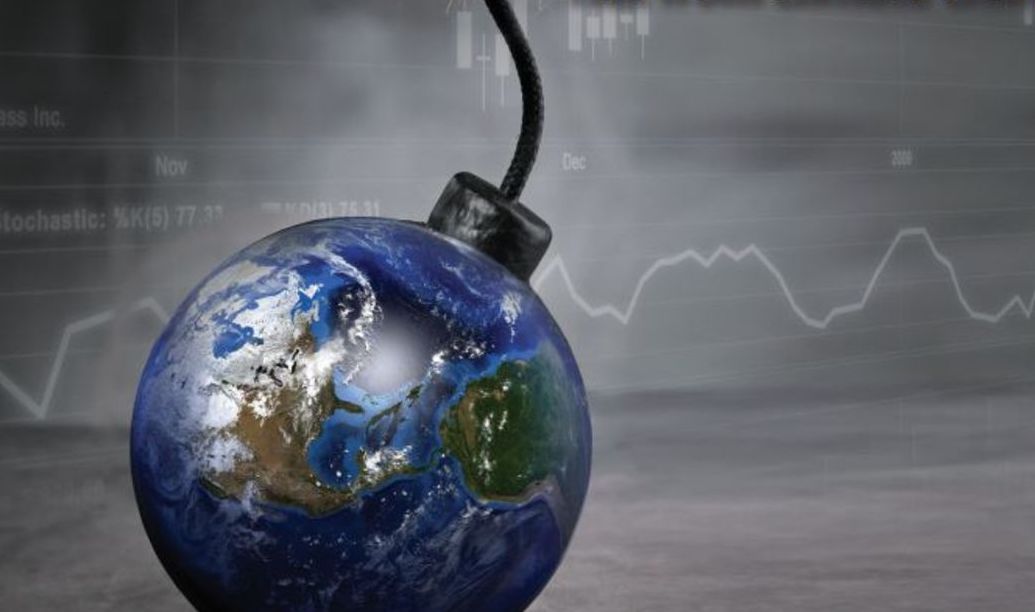A framework to govern the disclosure of climate-related financial risk, especially by the financial services industry in Nigeria and all over the world, has been seriously canvassed in a new report just released by the Economic Intelligence Unit (EIU), the London-based research business of the Economist Group.
Titled “The Cost of Inaction: Recognising the Value at Risk from Climate Change”, the July, 2017 report, sponsored by UK’s insurance group, Aviva, said climate change was a risk to financial stability, adding that investors, asset managers, banks and financial regulation urgently need a way to identify and measure how companies are responding to the risks of climate change.
“Banks, asset managers, industry and governments—and, in the US, individual states—will continue to need to work with regulators to determine what information is required to ensure that investors have sufficient knowledge of the risks affecting their portfolios, and which regulatory authority will be held accountable to implement such rules,” it said.
The Economist Intelligence Unit’s report stressed that based on their collective and individual commitments to ensuring financial stability, global, regional and national standard-setting and regulatory institutions can all play a role in ensuring that the Paris target is met.
The report findings are therefore a call on Nigerian banks to integrate climate change in their risk management portfolio.
The report equally exposes the large inaction of financial services operators and regulation in Nigeria on the issue of climate change, where no meaningful discussion on the issue has been tabled either in the bankers’ committee or at the Central Bank of Nigeria.
“We hardly integrate with a global discussion on issues in Nigeria. The Bankers Committee for all I care discuss only issues of the bottom line and charges without looking at issues of concern on financial stability,” an economic analyst said, adding that banks have abdicated their financial advisory role to trading.
It stated that internationally accepted, integrated accounting standards, which incorporate climate-change-related risks would reduce investor and financial stability risks.
It also a call for standardised and regulated scenario analysis, which would allow asset owners and asset managers to understand how climate change would affect investment return.
However, it remarked that there remains a lack of international consensus on what constitutes a material climate risk, particularly at
the sector, subsector and asset-class level, which makes reporting on materiality ambiguous and unregulated.








